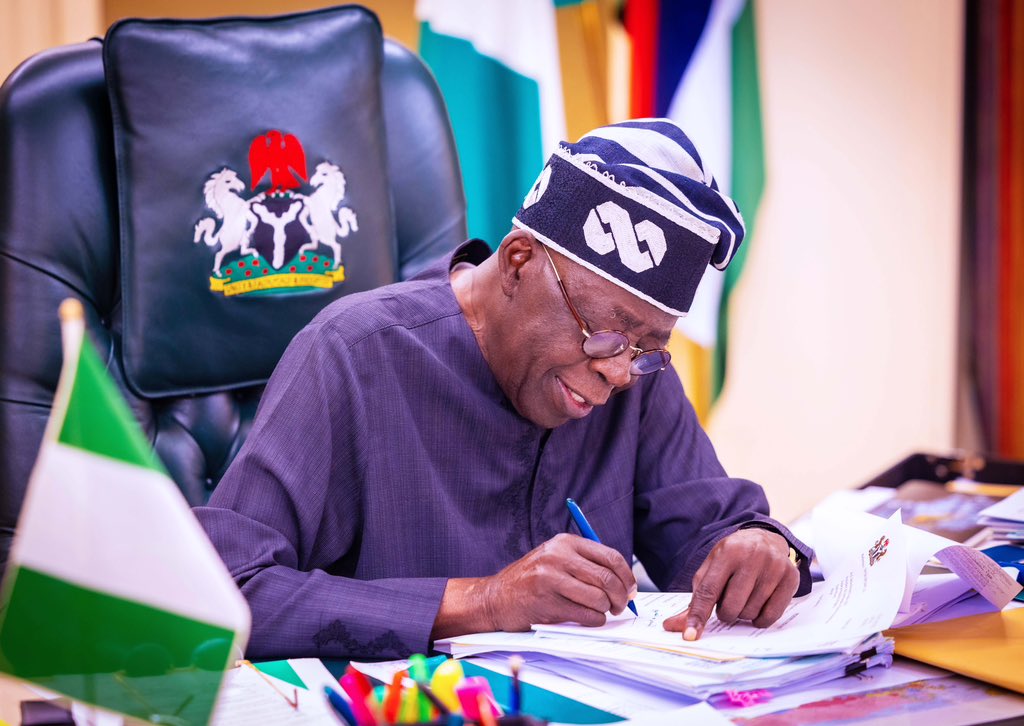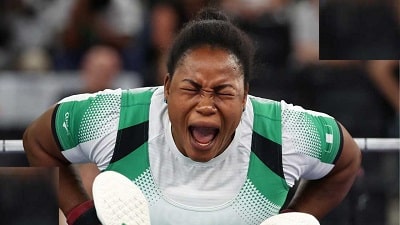Prime Minister Sir Keir Starmer is planning to remove the remaining hereditary peers as the first step in reforming the House of Lords. The proposed legislation aims to end the "outdated and indefensible" practice of having members of the upper chamber who are there by right of birth.
The UK government announced plans on Wednesday to reform its legislation. Additionally, plans were shared for changes to the Commons, with the King proposing a "modernization committee" as he opened the new session of Parliament.
The House of Lords (Hereditary Peers) Bill briefing paper highlighted the need to rethink the nearly 100 hereditary peer seats, which mainly benefit men. Although reforms under Tony Blair initially reduced the number of hereditary peers, the situation has persisted for 25 years. The proposed changes would exempt the roles of Earl Marshal and Lord Great Chamberlain due to their constitutional duties during state occasions.
The legislation, promised in Labour’s election manifesto, is billed as the first step in modernizing the UK’s political system. Another manifesto commitment, a mandatory retirement age of 80 in the Lords, has not yet been put forward.
The King’s Speech also remained silent on Labour’s plans to lower the voting age to 16 – Sir Keir had earlier indicated that was because the priority for his administration was putting forward measures to secure economic growth.
Delivering the King’s Speech in the House of Lords, Charles indicated there would be changes at the other end of Parliament too.
A “modernisation committee” of the House of Commons will be tasked with “driving up standards, improving work practices and reforming procedures”.
He also said the Government would “strengthen the integrity of elections and encourage wide participation in the democratic process”.
Leader of the Opposition in the House of Lords, Lord True, warned against the Government’s proposed plans for the upper chamber in his response to the King’s Speech.
Lord True also criticized the Government’s plan to consult on introducing a retirement age of 80 for peers, arguing that “we can ill-afford to lose such voices of experience” and that it would mean “ejecting a great deal of accumulated wisdom that makes this house different from the Commons.”
He told peers that ousting both hereditary peers and those aged 80 or over by 2029 would see 390 peers cut from their ranks, including 107 crossbenchers, which is 67% of their number.
Leader of the House of Lords, Baroness Smith of Basildon, said of Lord True’s concerns: “Most of the issues he spoke about were actually in the manifesto, not in this King’s Speech.”
And on Lord Newby’s comments about a consultation, she said she thinks it is “helpful” for the Lords to have a chance to discuss the issue.
With about 800 members, the House of Lords is significantly bigger than any comparable body in a democracy. The majority of its members, who are appointed for life, have an average age of 71.
They consist of former Members of Parliament, usually selected by outgoing prime ministers, as well as individuals nominated following positions in the public or commercial sectors and clergy from the Church of England.
The primary role of the centuries-old chamber is to scrutinize the government.
The government said the reforms were in part motivated by the gender imbalance of hereditary peers -- currently all male because most peerages can only be passed down the male line.
The rest of the House of Lords fares better, with 242 of other members -- 36 percent -- female.
Starmer's new administration also argues that hereditary peers are too politically "static" for a democracy.
Of the 92 seats allotted for them under the 1999 reforms, 42 are for Conservatives, 28 for so-called crossbenchers, three for the Liberal Democrats, and just two for Labour.
Meanwhile, 15 are elected by the entire chamber from the hundreds of hereditary peers that exist in the UK.
Reformers also argue that hereditary peers do not face propriety checks, compared to life peers who are subject to a vetting procedure from the House of Lords Appointment Committee.









